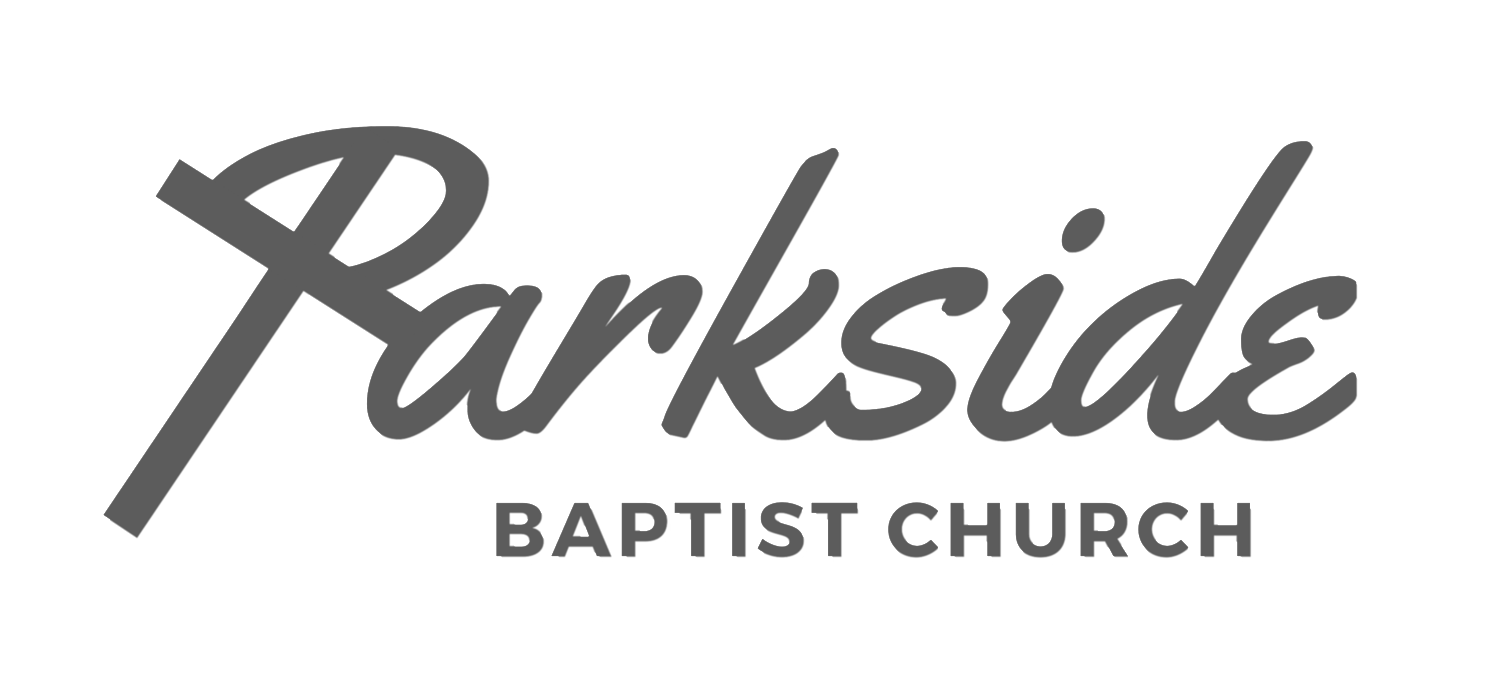This week I was taking some time out to do some praying and being still in the botanic gardens. I sat under the massive plane trees and watched the autumn leaves floating down in a continuous procession. No matter how hard they try to cling on, greater forces dictate that they will fall. The position of the earth around the sun is something the leaves have no control over, yet it impacts their very existence and future. They will fall no matter how hard they try to cling on. It got me thinking about seasons and change in our lives. Sometimes we see change coming, at other times change is instant and unexpected; a bit like being hit in the head with a baseball while smelling a rose. Things like accidents, cancer diagnoses, redundancy – all catch us off guard and we have no power over them. The process of aging as well means we will go through seasons whether we like it or not; some will be rewarding while others mean loss and grief.
Yet as I watched the leaves fall, I noticed occasionally the wind would blow through in a big arc, catching and lifting all the leaves on the ground in a unified dance. I could tell where the wind wave was, and where it was moving by watching the dance of the leaves. I was reminded that even in the midst of changes and season, the Spirit still blows where it wills and God is still at work in seen and unseen ways. God allows change and created seasons, yet he is also outside of, and more constant than the seasons we go through. Sometimes we try to fight change, sometimes we discern the seasons we are in while at other times we remain in denial. There are seasons for us personally, but also for our families, in our church, and in our wider communities. In Scripture we find many verses that speak of seasons and change. These are but a few of those.
Acts 1:6-8 So when they met together, they asked him, "Lord, are you at this time going to restore the kingdom to Israel?" He said to them: "It is not for you to know the seasons or times the Father has set by his own authority. But you will receive power when the Holy Spirit comes on you; and you will be my witnesses in Jerusalem, and in all Judea and Samaria, and to the ends of the earth."
Luke 21:25-28 "There will be signs in the sun, moon and stars. On the earth, nations will be in anguish and perplexity at the roaring and tossing of the sea. Men will faint from terror, apprehensive of what is coming on the world, for the heavenly bodies will be shaken. At that time they will see the Son of Man coming in a cloud with power and great glory. When these things begin to take place, stand up and lift up your heads, because your redemption is drawing near."
Daniel 2:20-22 and said: "Praise be to the name of God for ever and ever; wisdom and power are his. He changes times and seasons; he sets up kings and deposes them. He gives wisdom to the wise and knowledge to the discerning. He reveals deep and hidden things; he knows what lies in darkness, and light dwells with him.
Galatians 6:8-10 The one who sows to please his sinful nature, from that nature will reap destruction; the one who sows to please the Spirit, from the Spirit will reap eternal life. Let us not become weary in doing good, for at the proper time we will reap a harvest if we do not give up. Therefore, as we have opportunity, let us do good to all people, especially to those who belong to the family of believers.
Whatever season you are in, no matter whether you are feeling in a place of growth or dormancy, know and draw hope from the fact that God allows seasons. Even in seasons of loss we are not alone, his Spirit is with us and we are encouraged to continue doing good in the unique places we find ourselves individually, and as a community of faith. What season are you in at present? What season are we in as a church? Can you discern God’s presence and grace with you? Do you feel able to talk to Jesus about your season and what the future holds? This week as you notice the colours of Autumn, allow them to be an opportunity to commune with God about the season of life you are in.
Grace and Peace - Garry


